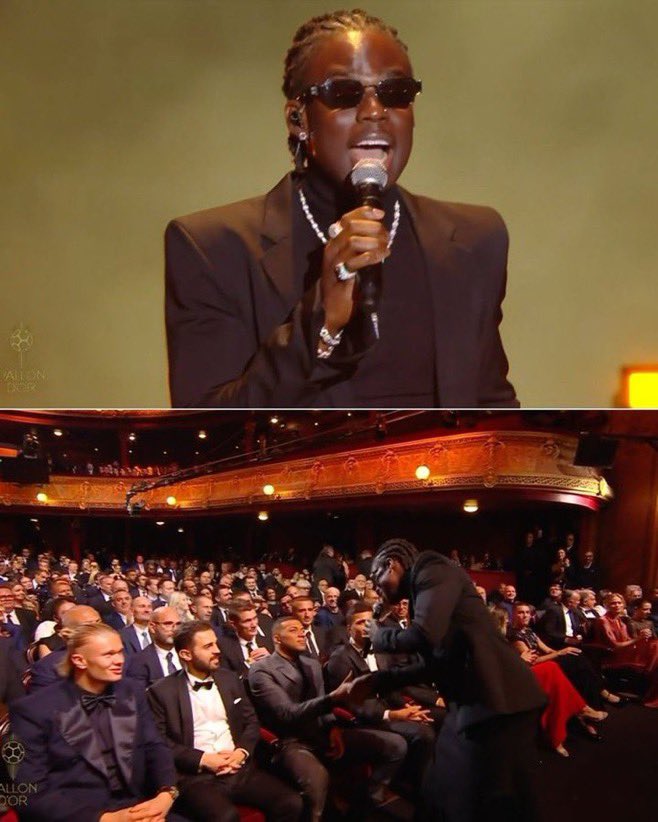4 things you should look out for when at a job interview
By Bayo Adeyinka
An interview is a two-way street. The candidate being interviewed is also interviewing the company. This is more so for experienced hires who need to check out a prospective employer before committing. For someone like me, it’s not about getting a juicy offer or the prospect of a bigger pay cheque- money has never been my motivation. Sometimes, it’s better to earn less in a work environment that supports growth and development than earn a fat pay cheque in an environment that stifles your creative juices. But then, to each man his own.
So what should you look out for if you attend an interview? What signs should you not ignore or need to pay more attention to? What tea leaves do you need to read correctly? Paying attention to these may make a significant difference in your career fulfilment.
1. Office Culture
In the early 2000s, there was a certain institution that every young banker I knew aspired to work for. It was a performance-driven environment but the work culture made the difference. There was hardly any difference between the driver and the boss. Everyone wore pin-stripe suits. There was a kind of confidence all the staff had that almost bothered on arrogance. They all carried themselves with a chip on their shoulders. When I was interviewed by that organisation, I deferred to the fellow who took down the names of the candidates. I thought he was the Manager. It was when I resumed at the organisation that I realized he was an Office Assistant. Such was the culture in that place.
Culture is important because it determines every other thing. Culture is the character and personality of an organisation. Culture is more important than the strategy of an organisation. Culture eats strategy for lunch. Look out for the people in that office, examine the leadership, take note of the workplace practices and work environment- do you like what you see? Are there any red flags?
2. How Do They Treat Customers?
One place I never fail to enter when I Interview is the customer’s bathroom. That tells me how the customer is treated in that organisation. And if you don’t treat customers well, your staff won’t fare any better. The way they serve others is a window to the soul of the staff. I was considering a particular offer from a company many years ago so I decided to venture into a branch. I sat down at the space provided for customers and for over 30 minutes, no one spoke to me or asked what I wanted. Everyone just pretended to be busy. Till I left, no one noticed me. Though I took the offer, I knew my job was well cut out for me.
3. Conduct Background Checks
Interviewers conduct background checks on their candidates so you can also conduct the same checks. If you have the names of those on the panel, run a check on LinkedIn or their social media handles. That may give you an insight to their character, personality or disposition. You can also talk to current employees to find out more information on the organisation, unit or the leadership.
4. The Interview Experience
I recall a very interesting experience I had in the early days of my career. I was invited to Interview for a role and I came in to Lagos from Ibadan. We were more than 20 candidates and after waiting from 10am to 6pm, we were informed with apologies that the interview had been rescheduled to the next day- a Sunday. I had to hustle for a place to sleep that night.
The next day, we were back and waited all day again. No show. We were asked to go back to our different locations. A short while after, I got my offer of employment. I resumed work in earnest and three months after, I got a call from HR for an interview. We were warned not to disclose that we had resumed. I sat there with trepidation as I went through the process again. I made up my mind that I had to leave. That wasn’t the kind of place I wanted to work. The structure was dysfunctional. That was my shortest stint anywhere. Do they value your time? Do you feel appreciated? Do they respect you? Don’t ignore the signs.
5. Your Gut Feeling
If everything seems alright but you don’t feel okay about it, don’t ignore that feeling. Never rush to commit in that situation. Ask for time to think about the offer. Check the offer well. Ask questions. Don’t leave anything to chance. You have a choice.
Bayo Adeyinka is a banker, public affairs Analyst and author. You can follow him on Twitter and and here on Facebook















